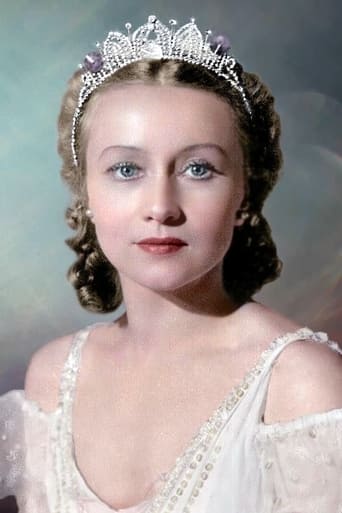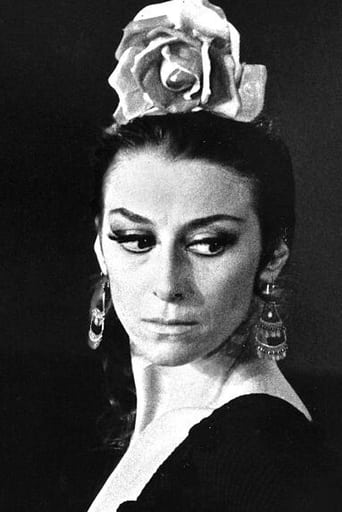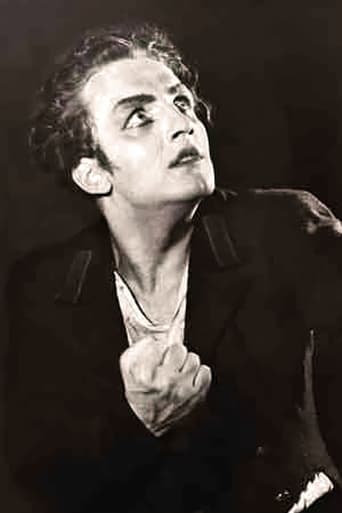Deanna
There are moments in this movie where the great movie it could've been peek out... They're fleeting, here, but they're worth savoring, and they happen often enough to make it worth your while.
anekanta1
This film, Stars of the Russian Ballet, made by director G. Rappaport in the early 1950's is composed of three abridged examples of a kind of dancing the world will never again see. Each short piece stars some of the former Soviet Union's most gifted and accomplished dancers.The first episode, excerpts of Swan Lake, stars the great Galina Ulanova, the prima donna assoluta of the Bolshoi. Ulanova's dancing is an apotheosis of mystical grace, serenity and beauty. The evil magician is brilliantly played by Vladimir Bakanov. His death scene is an example of high theater and creative originality that will leave you breathless.The next feature, The Fountains of Bakhchisarai, is a unique opportunity to see Ulanova dance with her successor to the throne of the Bolshoi, the brilliant and gorgeous Maya Plisetskaya, whose autobiography, "I, Maya" reveals her courageous struggles with and victories over the Soviet government, which both supported and censored art to a degree incomprehensible to most contemporary Americans. There are scenes of group dancing incorporating folk and classical elements,demonstrating the kind of power and athleticism that dominated Russian ballet, without sacrificing art and beauty.The final episode, The Flames of Paris, is notable not for its music or libretto, but for the extraordinary dancing of the great Vakhtang Chabukiani, a Georgian master of dance, practically unknown today. The power, speed and energy of his dancing almost made my eyes pop out the first time I viewed this video. He died alone in cold and hunger at the age of 82 during the difficult days of the early '90's in Georgia. This may be the only record of his dancing, and for this alone, this video has extraordinary historic and artistic value. His powerful spins and leaps, given his enormous size, are unbelievable. One might think the editor sped up the film as he spins around the stage, but no, he really could dance with this level of power and nearly ferocious and masculine intensity. The brilliant young Nina Ananiashvili was his student, and in her you can see some of her mentor's power and charisma.Another gem of a dancer in this piece is the completely unknown (to me) Muza Gotlib (or Gottlieb), a ballerina of such perfection, such style and weightless grace, that even if Chabukiani had not been featured in this film, she alone would make this noble enterprise of incalculable value.All of these great Russian dancers have in abundance what seems to be lacking today in many contemporary faceless dancers, and that is great stage presence, dramatic gifts, and abundant personality.This rare video is an opportunity to enter a window into an era of artistic history which is now long past and quickly fading from memory. You will see no anorexic ballerinas with frozen smiles dancing with cold, disinterested partners. These artists are vivid, soulful and gifted not only with magnificent technical abilities, but also with warmth, personal magnetism and luminous virtuosity, as dancers and actors. The humanity of these artists is unforgettable, and recalling their struggles (but also the support) under the communist regime only makes their accomplishments more profoundly moving and impressive.



